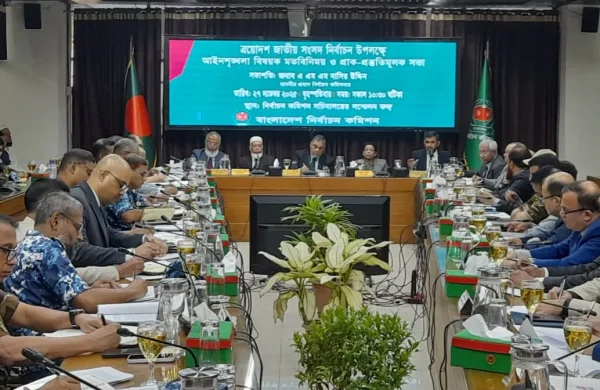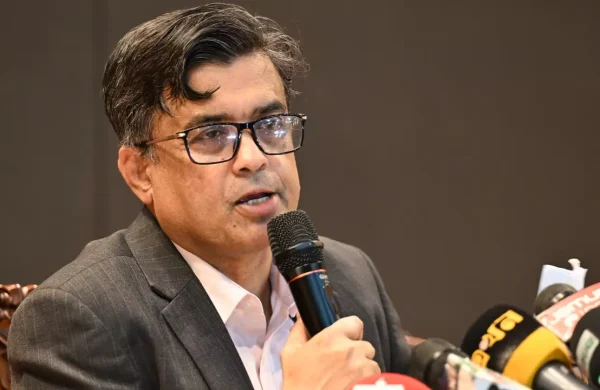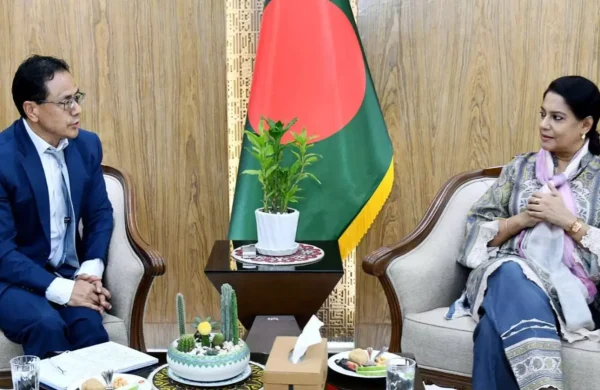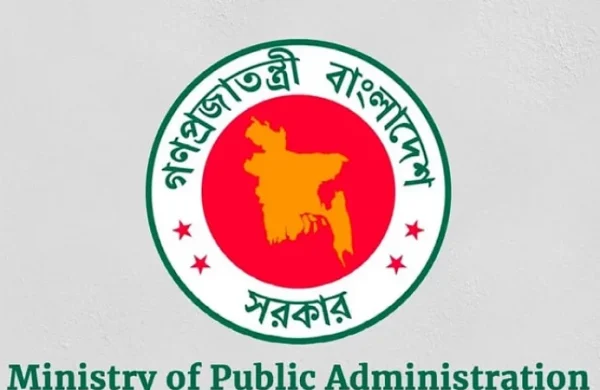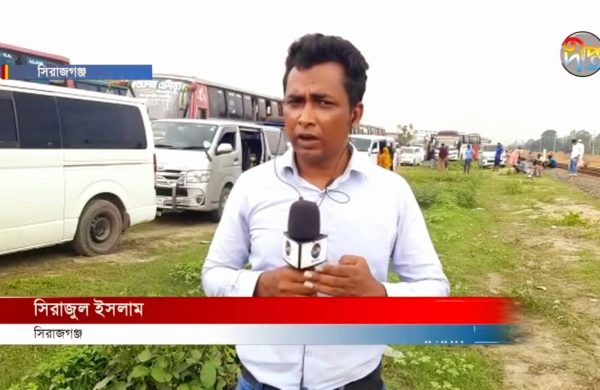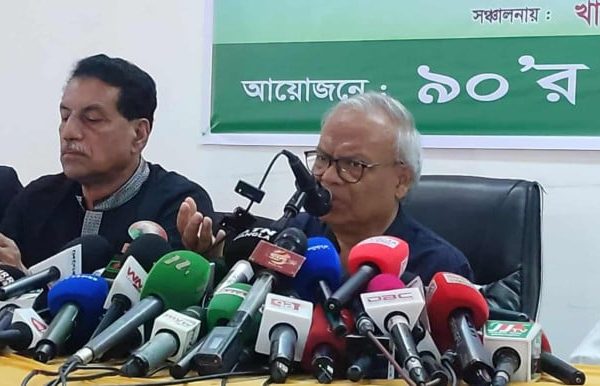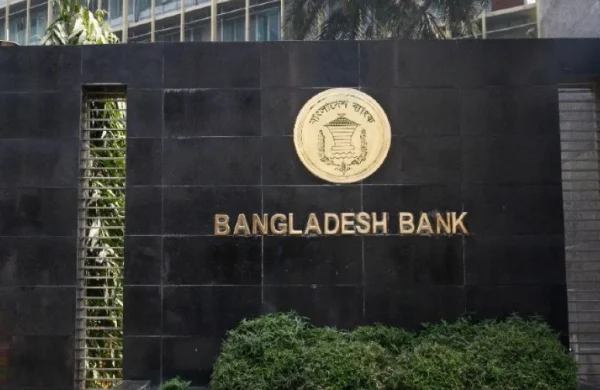Rohingya crisis returns to global spotlight under interim govt: Shafiqul Alam
- Update Time : Thursday, November 27, 2025
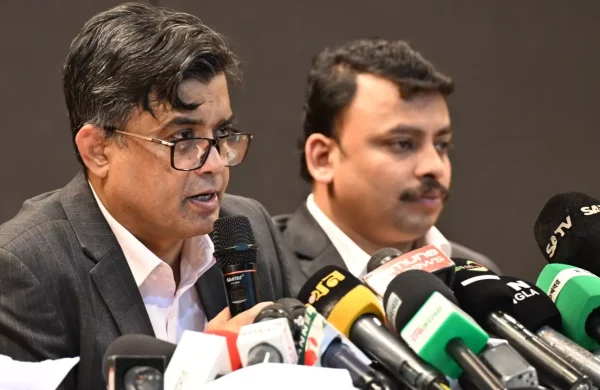
TDS Desk:
Chief Adviser’s Press Secretary Shafiqul Alam on Thursday said that bringing the Rohingya crisis back onto the international agenda is one of the success stories of the interim government, claiming that the issue had become a “forgotten” matter during the previous regime.
“This crisis had turned into a forgotten matter. The interim government has brought it back and made it a talking point in international discussions,” he told reporters at the Foreign Service Academy. Senior Assistant Press Secretary Foyez Ahammad was also present at the briefing.
Responding to a question, Alam said the government has made strong efforts to draw global attention to the issue again. “Our efforts were there, and we have been successful,” he added.
Pointing finger at former Prime Minister Sheikh Hasina, the Press Secretary said the “fallen autocrat” tried to sell her “Mother of Humanity” image instead of doing the real work on the ground.
On the other hand, Alam said, the interim government appointed Dr Khalilur Rahman as the High Representative of Chief Adviser Prof Muhammad Yunus to directly handle and address the Rohingya issue.
“Due to our sincere efforts, the entire world knows the Rohingya crisis very well now,” he said, adding that they expect positive results in the coming days, even if such outcomes are not yet visible.
Despite the passage of eight years, not a single Rohingya was repatriated while the plight of the Rohingyas remains largely unchanged and in many cases, conditions have worsened on both sides of the Bangladesh–Myanmar border.
The prolonged crisis has deepened despair within the camps, increased pressure on host communities, and continued to suffer from declining global attention and shrinking humanitarian funding.
The Press Secretary also talked about the high-level conference on the ‘Situation of Rohingya Muslims and Other Minorities’ in Myanmar, held on the sidelines of the 80th United Nations General Assembly (UNGA) in New York which once again brought their voices to the forefront.
The conference, attended by delegates from more than 70 countries and international organisations, underscored both the urgency of the humanitarian crisis and the need for a sustainable political solution.
At the event, Chief Adviser Prof Muhammad Yunus, presented a comprehensive seven-point proposal urging the international community to move beyond rhetoric and take concrete action.
He stressed that the Rohingya crisis originated in Myanmar and must be resolved there, through the creation of safe, secure, and dignified conditions that would allow the Rohingya to return home voluntarily.
Prof Yunus argued that a durable solution cannot rely solely on humanitarian aid; it requires a political roadmap, regional cooperation, and a clear timeline for repatriation.
Emphasising that a lasting solution must come from within Myanmar, Prof Yunus urged the international community to develop a practical roadmap for safe and dignified repatriation and the stabilisation of Rakhine State.
The Chief Adviser said the world cannot keep the Rohingya waiting any longer to return home.
He called for effective pressure on Myanmar and the Arakan Army to end violence against the Rohingya and to begin sustainable repatriation, starting with those who recently arrived in Bangladesh and those who remain internally displaced.


